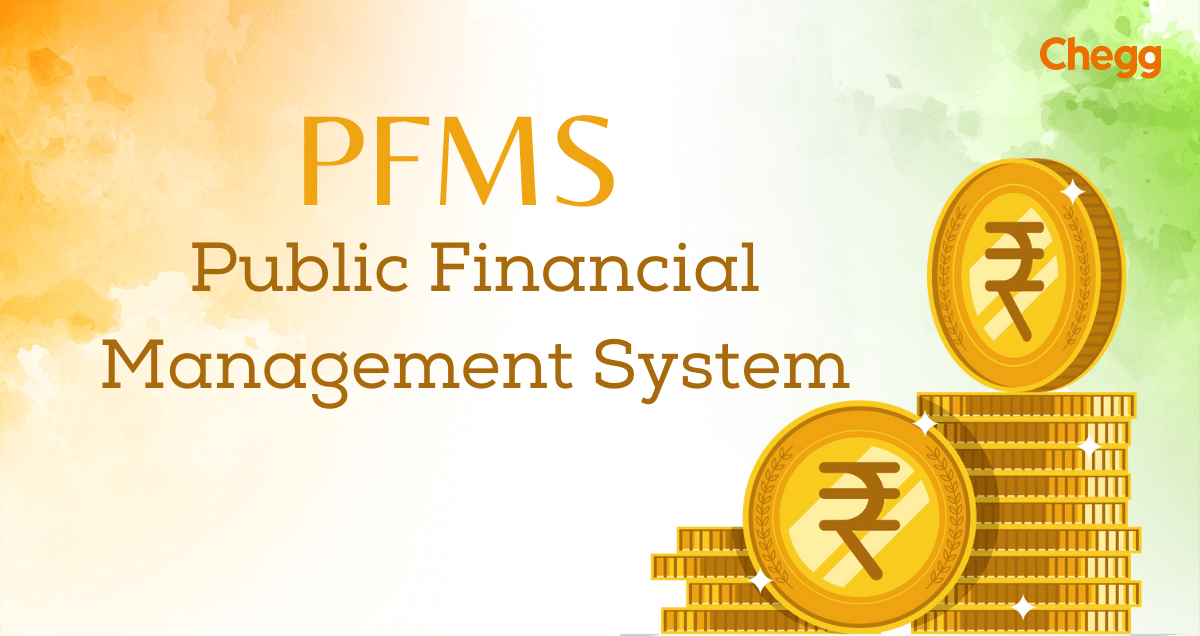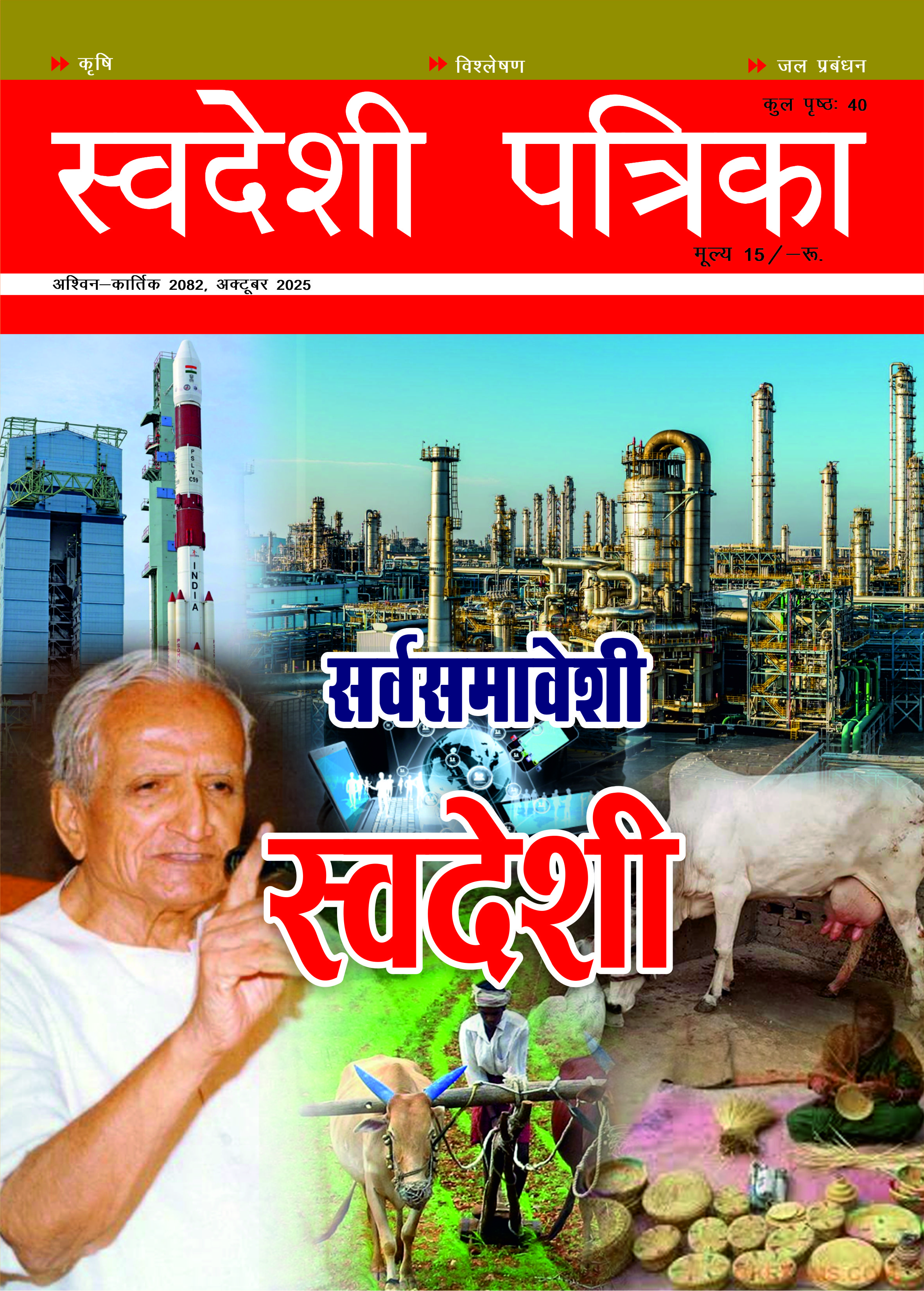
PFMS and Freebies
The election commission of India should be empowered to control the freebies announcement as a part of model code of conduct during elections. – Alok Singh
The Public Finance Management System (PFMS) conceptualizes and realizes the success story of the application of the Management Information System (MIS) in the financial transactions of the government of India. It successfully executes the real-time transaction system. It is an integrated financial management system of the government of Bharat. It is integrated with treasuries and the financial management system of state governments. It is a transparent system that involves real-time transactions of information and finances.
The journey of PFMS started in the year 2008-09 and took its current shape in the year 2021-22. In 2008-09, a comprehensive design of the decision support system (DSS) and Management Information System (MIS) was established to implement a central plan scheme monitoring system. In 2014-15, PFMS was made mandatory for payment, accounting, and reporting of direct benefit transfer (DBT), as well as for compilation of union accounts. From 2019-20, PFMS became the regular function of the controller general of accounts. Since 2021-22, the PFMS has been engaged in the implementation of a single nodal agency (SNA system), integration of treasury as per new procedure, universal roll-out of treasury single account system (TSA), and launch of the e-bill system, online internal audit module, direct tax accounting module, debt accounting and reporting module.
PFMS is integrated with the core banking system of all types of country banks, including all the public sector banks, the cooperative banks, all the regional rural banks, major private sector banks, India Post, and the Reserve Bank of India (RBI). The interface of PFMS with the National Payments Corporation of India (NPCI) has made Aadhar-linked payments easy. The interface of PFMS is also available to an external system that relies on services like account validation, payments, and other MIS reports as required.
The much-talked-about Direct Benefit Transfer (DBT) is among the most visible applications of PFMS. The direct stakeholders of the PFMS include citizens, post offices, program division, drawing and disbursing officer (DDO) bill preparation, Pay and accounts office (PAO) payments, various departments and treasuries of state governments, program implementing agencies, commercial banks, external systems, and MIS users for analytics.
The essential constituents in the PFMS network are payments, such as the e-bill module, employee management, monitoring and evaluation systems, MIS reports, Budgeting and accounting, and receipts.
The e-bill module incorporates a single nodal agency (SNA), central nodal agency (CNA), treasury single account system (TSA), DBT, and Expenditure, advance, and transfer (EAT).
The employee management incorporates an employee information system, general provident fund (GPF) module, Pension module, National Pension Scheme (NPS), and online permanent retirement account number (PRAN) generation.
The monitoring and evaluation system incorporates an Expenditure and Budget dashboard for senior management.
The MIS reports incorporate SNA and DBT dashboards apart from more than a hundred role-based reports.
The Budgeting and accounting incorporate a budget module, complete integration of the union budget information system (UBIS), and monthly account compilation.
The receipts incorporate the non-tax receipt portal (NTRP), Pratyaksh Kar Lekhankan Pranali (PRAKALP), and the Accounting & Reconciliation Portal of Indirect Taxes (ARPIT).
This comprehensive system genuinely fulfils the objectives of improving fiscal management and control of the exchequer. The arrival of PFMS has disciplined the state governments to improve their fiscal discipline and control of the exchequer. Earlier, it was easier for the state governments to divert funds from one project to another project, and even in strained financial conditions, the state government could divert the finances from the union government to pay salaries and meet other operating costs.
The announcements of freebies by political parties, including regional political parties, are not regulated by any agency like the Election Commission of India or by any other law enacted by the parliament of India. To win elections, the political parties once in power must meet the promised freebies, and when they try to meet the freebies that they have committed to the people then the financial troubles pop up. Then, in the process, they mismanage the state government’s fiscal status. The PFMS ensures that the fund provided by the union government is used exclusively for the projects for which it has been released.
The state governments can deliver their freebies and commitment according to their resources, earnings, and revenues. Such state governments can raise the price of petroleum products or taxes on alcoholic beverages. They will avoid raising taxes on petroleum products as it will be unpopular, apart from the rise in inflation. So, they are left with a beautiful toolkit to raise the taxes on alcoholic beverages. The government of the union territory of Delhi relied on a fancy design to earn from sales of alcoholic beverages to service their freebies’ debt that is due to their voters, keeping apart the corruption related court cases that is going on implementation of this design.
The state governments must refrain from diverting money from one project to meet their freebie commitments. This restriction because of PFMS has led to severe repercussions, and the state government of Himachal Pradesh is even struggling to pay regular salaries. Punjab and Karnataka state governments either fail to service their freebie commitments or seek reasons to run away from their fancy freebie announcements.
In our system of running government, it is not possible for one of the states or one of the union territories to be bankrupt, and, at the same time, the country is not bankrupt. However, in the United States of America’s system of government, it is possible that one of its states is bankrupt and the other country is not bankrupt.
Despite the absence of any regulator to control the freebie announcements by the political parties, the PFMS seems to have emerged as an unannounced and effective regulator of freebie crimes against the exchequer.
Whatever be the initial objective of PFMS, it is also a de-facto sledgehammer to control the behaviour of political parties that announce senseless freebies to capture power and consistently fool the ignorant voters of the nation. The election commission of India should be empowered to control the freebies announcement as a part of model code of conduct during elections.
(Alok Singh has a doctorate in management from the Indian Institute of ManagementIndore and is promoter of Transition Research Consultancy for Policy and Management).


